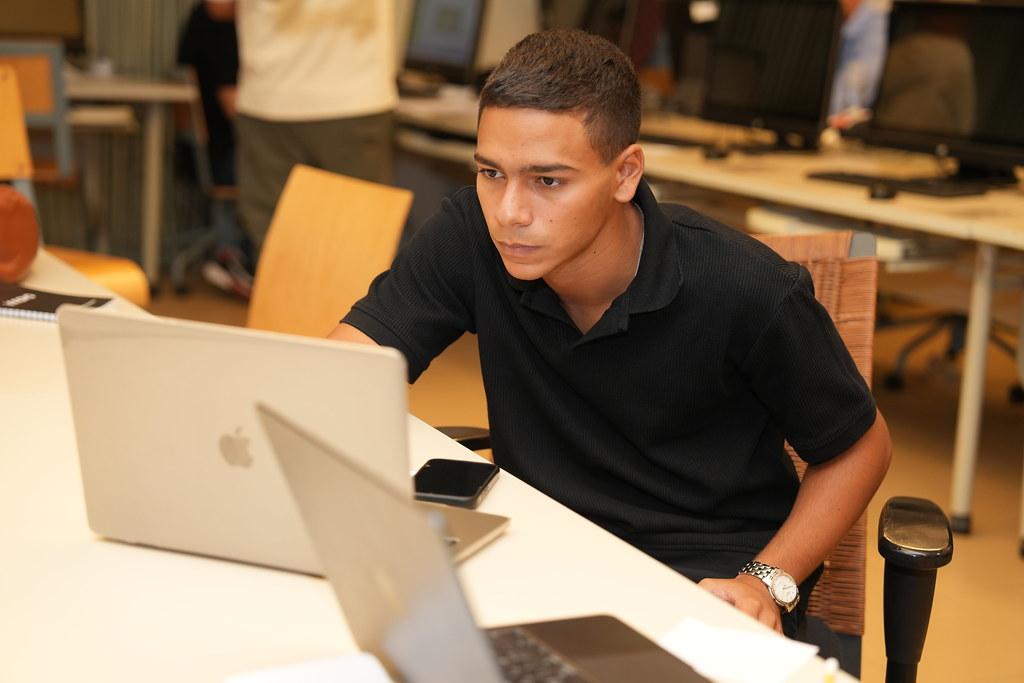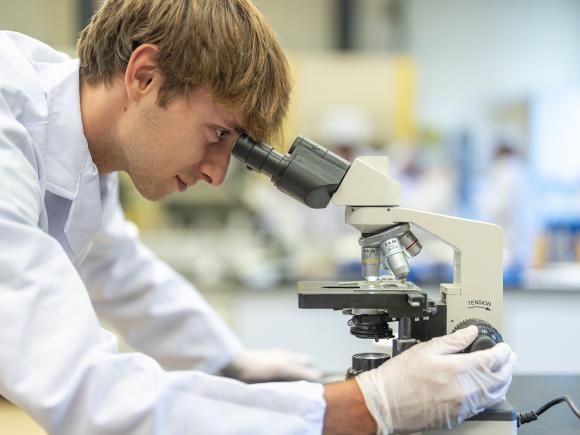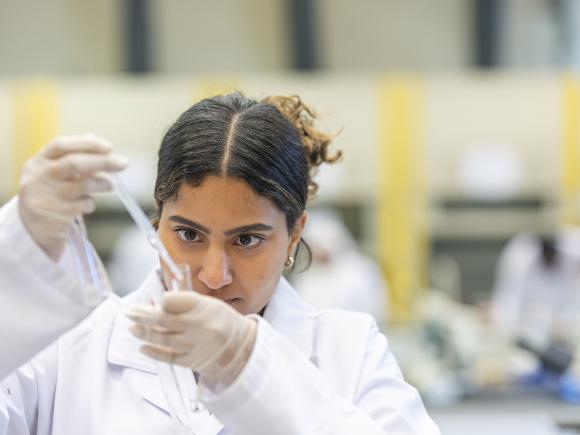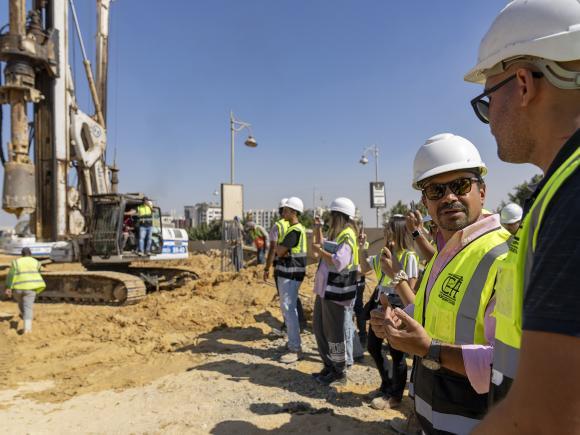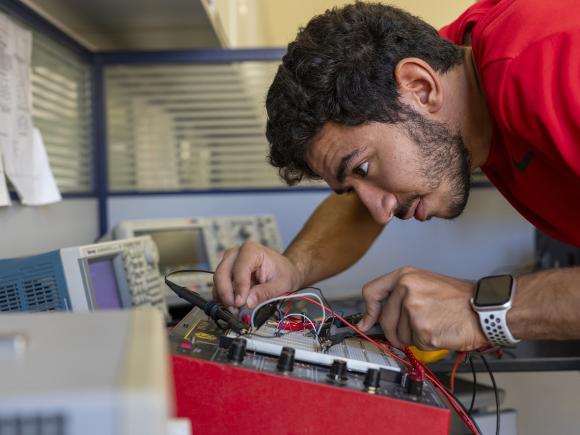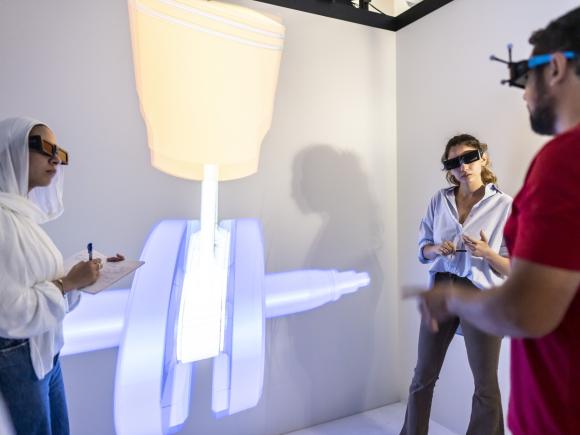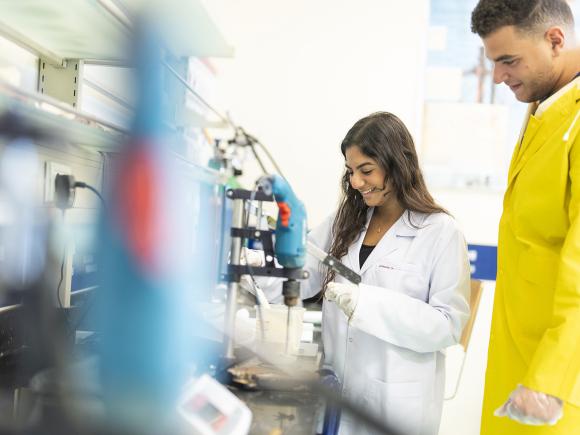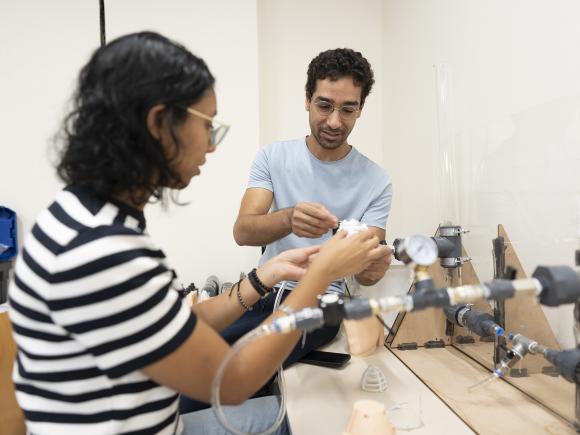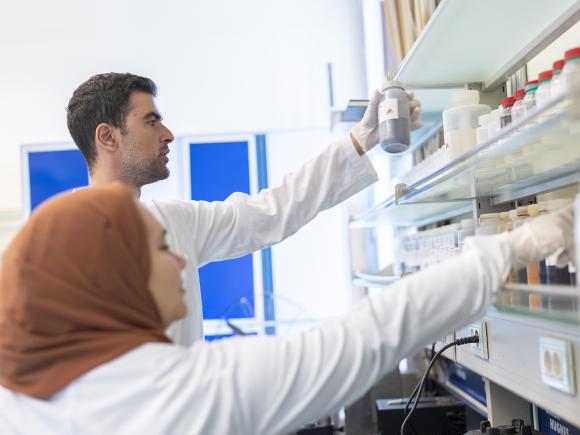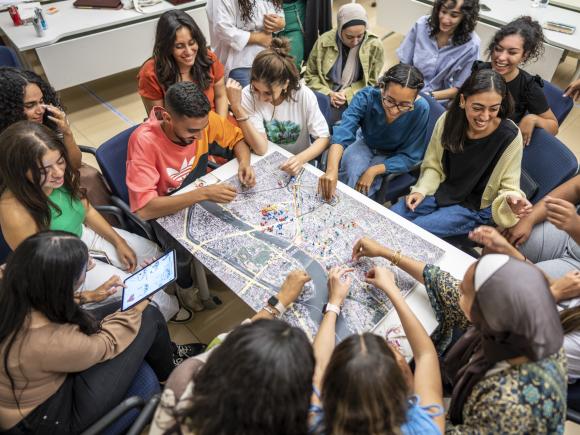
Architecture
The Department of Architecture at AUC aims to equip future architects with a comprehensive vision integrating various aspects of the built environment: how it is planned, designed, used and appreciated by society; and to prepare students for starting a successful professional and academic career as Architects by granting them an internationally recognized Professional Degree validated by the International Union of Architects (UNESCO/UIA).
